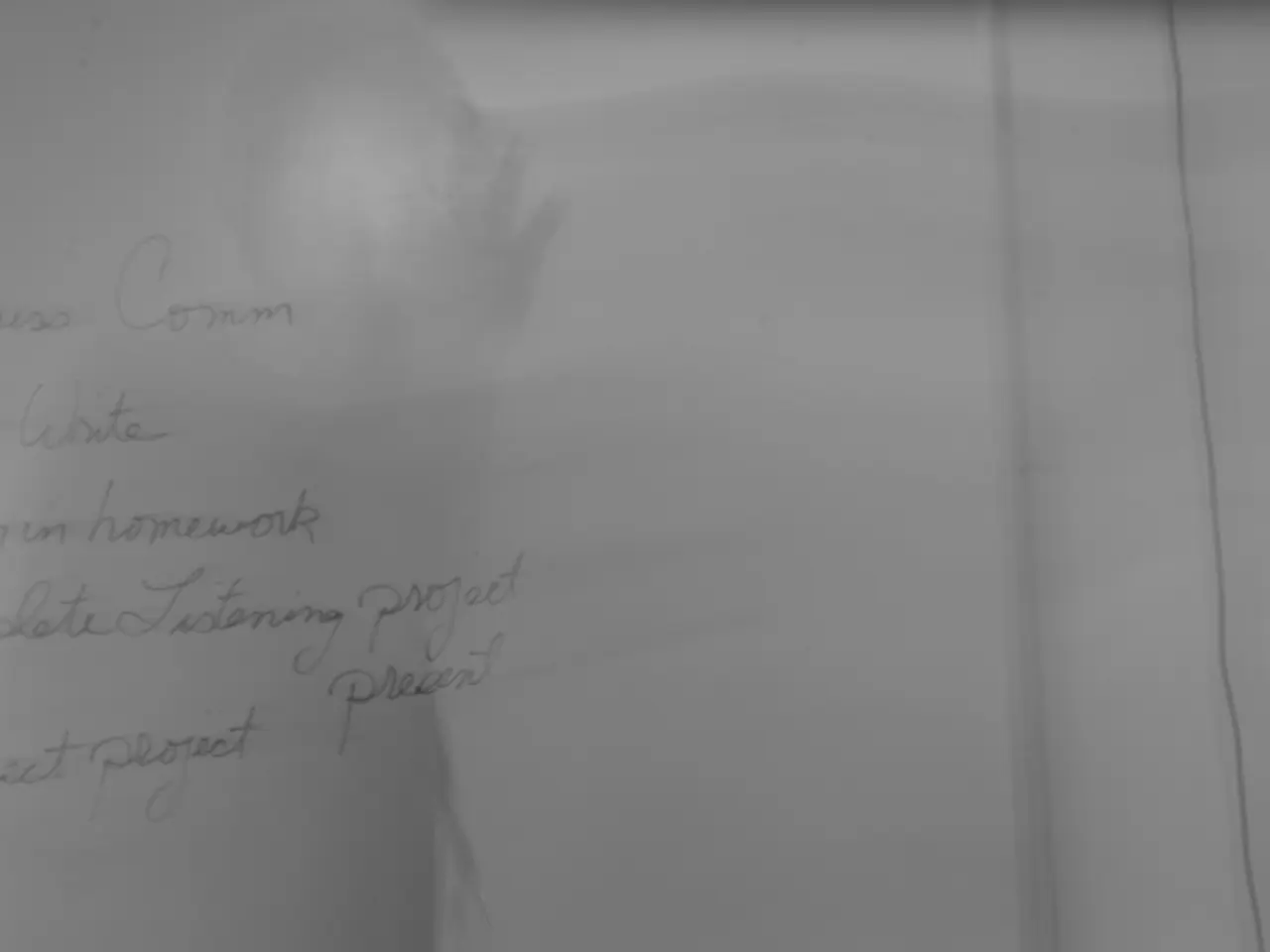Key Provisions of the One Big Beautiful Bill Act:
The One Big Beautiful Bill Act (OBBBA), passed in 2025, introduces significant tax policy changes aimed at benefiting workers, families, and retirees with broad tax relief measures. This comprehensive legislation, primarily backed by Republicans, is set to boost the incomes of low- and middle-income workers, expand family and child-related tax credits, and provide seniors with meaningful tax relief.
For Workers and Families:
The OBBBA offers substantial tax cuts focused on low- and middle-income earners, with those making less than $50,000 annually receiving the largest proportional benefit. The bill also boosts the standard deduction, increases the Child Tax Credit, expands Child and Dependent Care Credits, eliminates federal taxes on tips, overtime, and car loan interest, and provides enhanced education and child care supports. These changes are projected to increase families' take-home pay significantly, protect and create millions of jobs, and reduce taxable income significantly.
For Retirees:
The OBBBA offers targeted tax relief for seniors, contributing to improved financial security during retirement.
Other Notable Changes:
The OBBBA creates new financial security accounts for children starting at birth, aims to build long-term wealth, and reforms corporate tax provisions such as FDII (Foreign-Derived Intangible Income) and GILTI (Global Intangible Low-Taxed Income) rates. The bill also extends tax cuts originally enacted by the Tax Cuts and Jobs Act (TCJA) of 2017 and permanently lowers tax rates and increases the standard deduction for taxpayers.
Notable Business-Related Provisions:
The OBBBA restores the immediate 100% expensing of capital investment that was temporarily permitted under the TCJA. The bill allows companies to fully expense new factories and factory improvements to encourage the construction of manufacturing plants. The provision for capital investment expensing is permanent under OBBBA, and the cap on the maximum a taxpayer can expense is increased to $2.5 million under the bill, but businesses must realize the tax benefits immediately.
Tipped workers such as restaurant servers, barbers, and drivers can deduct up to $25,000 in qualified tips under OBBBA, effective through 2028. The act also introduces a new inflation-adjusted minimum deduction of $400 for taxpayers with at least $1,000 in qualified business income.
The OBBBA is expected to be signed into law by President Donald Trump on the Fourth of July. This legislation reflects a broad Republican agenda focused on increasing take-home pay, job growth, and family financial security.
[1] Tax Policy Center. (2025). Analysis of the One Big Beautiful Bill Act. Retrieved from https://www.taxpolicycenter.org/analysis/analysis-one-big-beautiful-bill-act [2] Joint Committee on Taxation. (2025). Summary of the One Big Beautiful Bill Act. Retrieved from https://www.jct.gov/publications/2025/06/22/summary-one-big-beautiful-bill-act [3] Congressional Budget Office. (2025). Estimated Impact of the One Big Beautiful Bill Act on Federal Revenue. Retrieved from https://www.cbo.gov/publication/57181 [4] Tax Foundation. (2025). Analysis of the One Big Beautiful Bill Act's Business Provisions. Retrieved from https://www.taxfoundation.org/one-big-beautiful-bill-act-business-provisions/
- The One Big Beautiful Bill Act (OBBBA) permanently lowers tax rates and increases the standard deduction for taxpayers, benefiting individual financial situations.
- The OBBBA introduces a new provision for businesses to fully expense capital investments, such as new factories and factory improvements, with the aim of stimulating manufacturing plant construction.
- Retirees can anticipate improved financial security during retirement as the OBBBA offers targeted tax relief measures.
- The OBBBA establishes financial security accounts for children from birth, aiming to build long-term wealth and reforming corporate tax provisions like FDII and GILTI rates.
- Tipped workers, including restaurant servers, barbers, and drivers, can now deduct up to $25,000 in qualified tips under OBBBA until 2028, providing a significant boost to their personal finance.




